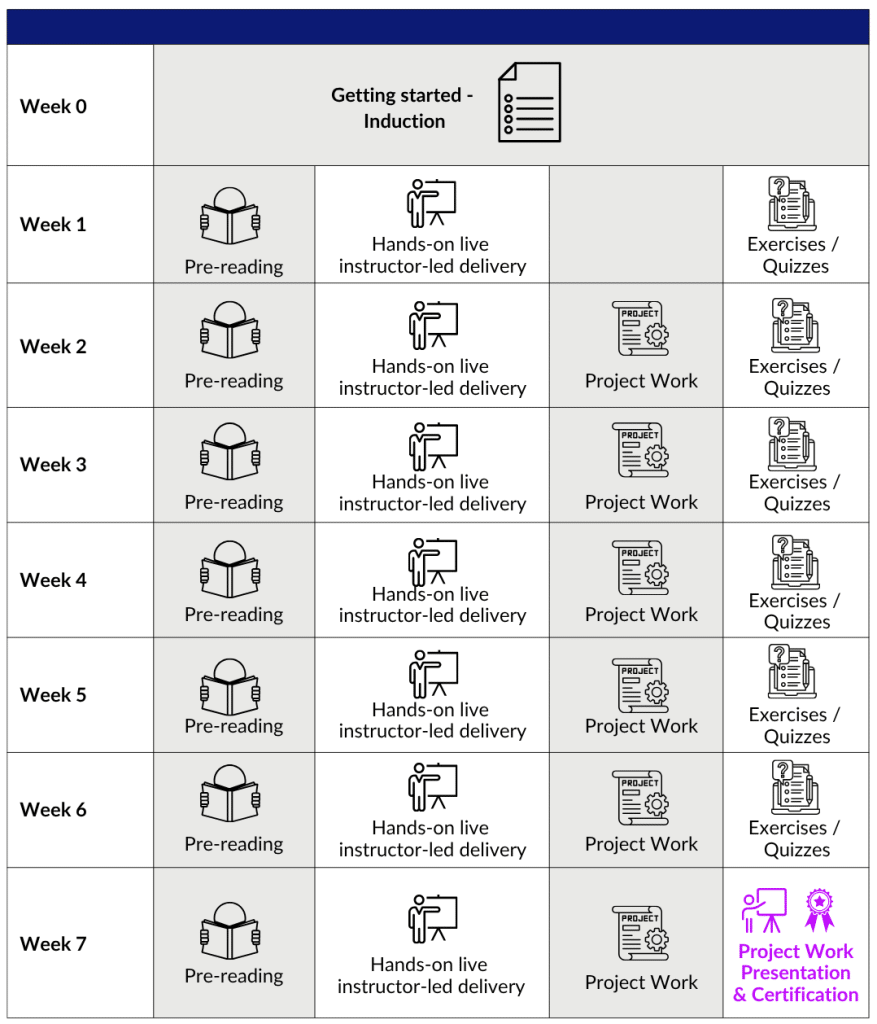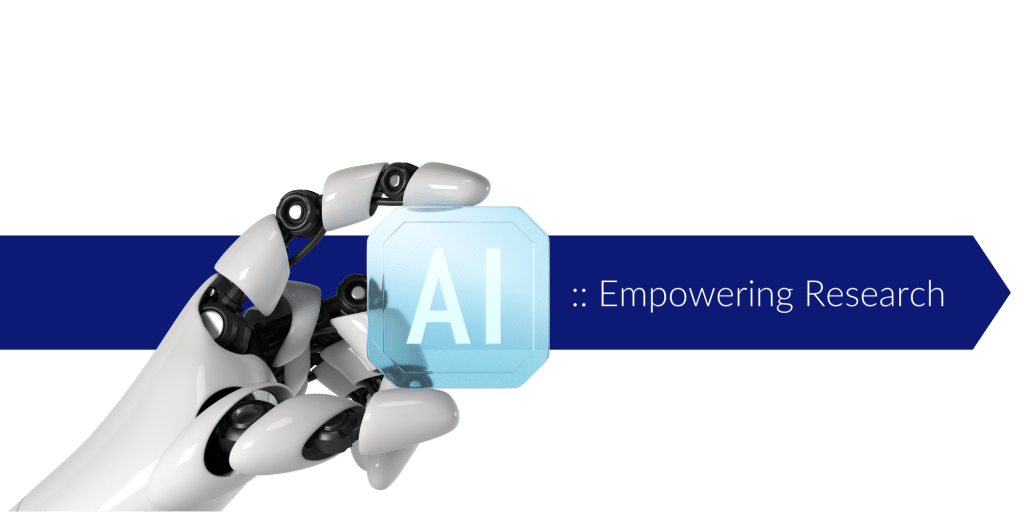AI Bootcamps roll-out
We are focused on empowering research across all disciplines through advanced information technology. We make it our mission to accelerate high-quality, ethical research to drive breakthroughs in healthcare, engineering, science, technology, economics, arts, and more.
We have identified four individual AI Bootcamps designed to provide hands-on, practical AI training:

Generative AI are systems designed to generate new content, such as text, images, music, or even code, based on patterns and data they’ve learned from existing material. Large Language Models (LLMs) are specifically focused on understanding and producing human-like text. These models are trained on vast amounts of text data to predict and generate coherent and contextually relevant responses.
Training in Generative AI and Large Language Models (LLMs) is vital for researchers as these tools offer powerful capabilities to enhance research productivity and insights. By mastering these technologies, researchers can automate data analysis, generate high-quality content, and streamline literature reviews, saving time and improving efficiency.
Participants will:
These tools empower researchers to focus more on creative problem-solving and critical thinking, making them essential skills for staying competitive and innovative in today’s data-driven research landscape.

Machine Learning Operations (MLOps) refers to the practices, tools, and methodologies that integrate machine learning models into the production environment, ensuring smooth deployment, monitoring, and management. It combines software engineering and data science to streamline the development lifecycle of machine learning models, focusing on scalability, automation, and reliability.
MLOps helps manage the entire pipeline from data collection to model deployment, ensuring models perform optimally over time.
Participants will:
- Understand the benefits of ML operations.
- Use MLflow for ML experiment tracking, model evaluation and hyperparameter tuning.
- Gain hands-on experience with modular ML scripts in MLflow projects.
- Develop end-to-end ML pipelines using MLOps.
- Evaluate the ML model lifecycle through iterative building and tracking.
It enables researchers to efficiently deploy machine learning models in real-world settings and ensure that their models remain accurate and reliable.
Mastering MLOps is key for researchers aiming to bridge the gap between theoretical research and practical, scalable applications.

Computer Vision enables machines to interpret and make decisions based on visual data, such as images and videos.
By applying machine learning algorithms, computer vision systems can perform tasks like object recognition, image classification, facial recognition, and motion tracking. It uses techniques from pattern recognition, deep learning, and neural networks to extract meaningful information from visual inputs, allowing machines to “see” and understand the world similarly to humans.
For researchers, learning Computer Vision tools is highly relevant as they can significantly enhance data analysis capabilities in various fields.
Participants will:
- Understand computer vision scope and development.
- Use computer vision to process imagery data and extract features.
- Gain hands-on experience with Convolutional Neural Networks.
- Gain hands-on experience with object detection and image segmentation on real problems.
- Understand generative models in computer vision.
- Critically evaluate and apply computer vision approaches.
Researchers can use computer vision to analyze images, detect patterns, and automate image-based data processing, which can save time and improve accuracy. In areas like medical imaging, agriculture, and even social sciences, computer vision can provide new insights and open up possibilities for research that were previously difficult or impossible to achieve manually.
By mastering these tools, researchers can stay at the forefront of innovation in their fields and unlock new ways to interpret complex visual data.

Reinforcement Learning (RL) is a type of machine learning where the AI learns to make decisions by interacting with an environment and receiving feedback in the form of rewards or penalties. The goal is for the agent to learn the best actions to take in a given situation to maximize cumulative rewards over time. RL involves exploration and trial-and-error to optimize decision-making strategies.
For researchers, understanding Reinforcement Learning is important as it enables them to develop AI systems capable of solving complex, dynamic problems.
Participants will:
Its potential applications in fields like robotics, healthcare, and economics make it a critical tool for advancing research and developing adaptive, intelligent systems.
The AI Bootcamps are delivered through our own online platform by Research Data Scientists and AI Experts. Participants apply their learning to real-world case studies, ensuring practical experience and skill development in each area.
Each bootcamp consists of five full days of hands-on, instructor-led training spread over seven weeks. At the end of the training, participants present an individual project and receive a certificate:

Register your interest with us today!
We believe this is a valuable opportunity for you to stay ahead of the curve in AI, and we would be delighted to have you participate.
Please feel free to contact us at analytics@intersect.org.au, or your local DRA if you have any questions or would like to discuss how our training can benefit you.
We look forward to working together and helping your research by unlocking the full potential of AI in your work.





